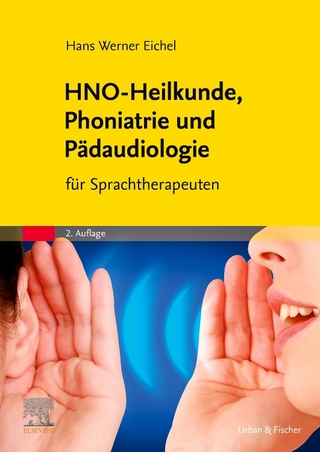
Acquired Dyslexia and Dysgraphia Across Scripts
Seiten
2006
IOS Press,US (Verlag)
978-1-58603-592-1 (ISBN)
IOS Press,US (Verlag)
978-1-58603-592-1 (ISBN)
- Keine Verlagsinformationen verfügbar
- Artikel merken
Describes communication disorders in patients who speak Cantonese, French, German, Hebrew, Mandarin, Spanish and Turkish. This book focuses on the disorders of reading and writing given cognitive neuropsychological models are concerned with how the relationship between orthography, phonology and meaning impacts on acquired dyslexia and dysgraphia.
Aphasiologists have accumulated a sophisticated understanding of the language impairments among English speakers. Research in the field of cognitive neuropsychology has improved our knowledge about how language becomes impaired in English speakers following brain damage by generating conceptual frameworks for understanding why language impairments occur. A large proportion of the research evidence that supports these models comes from studies of patients who have acquired problems in spoken and written naming (anomia), reading (dyslexia) and writing (dysgraphia). The ultimate aim of this research is to enhance the lives of patients with aphasia by improving diagnosis of language impairments and by development of innovative rehabilitation strategies. The aim of this publication is to describe communication disorders in patients who speak Cantonese, French, German, Hebrew, Mandarin, Spanish and Turkish.
These languages were selected because they differ on critical linguistic dimensions (grammar, orthography, phonology) and although each dimension is important for understanding the disorders of communication in each language, the focus of this book is selective disorders of reading and writing given cognitive neuropsychological models are mostly concerned with how the relationship between orthography, phonology and meaning impacts on acquired dyslexia and dysgraphia. The sample of languages discussed here also offers the opportunity of new insights into how different language environments - in terms of the script that has evolved in the environment - can have impact on brain function. This is an important question in cognitive neuroscience.
Aphasiologists have accumulated a sophisticated understanding of the language impairments among English speakers. Research in the field of cognitive neuropsychology has improved our knowledge about how language becomes impaired in English speakers following brain damage by generating conceptual frameworks for understanding why language impairments occur. A large proportion of the research evidence that supports these models comes from studies of patients who have acquired problems in spoken and written naming (anomia), reading (dyslexia) and writing (dysgraphia). The ultimate aim of this research is to enhance the lives of patients with aphasia by improving diagnosis of language impairments and by development of innovative rehabilitation strategies. The aim of this publication is to describe communication disorders in patients who speak Cantonese, French, German, Hebrew, Mandarin, Spanish and Turkish.
These languages were selected because they differ on critical linguistic dimensions (grammar, orthography, phonology) and although each dimension is important for understanding the disorders of communication in each language, the focus of this book is selective disorders of reading and writing given cognitive neuropsychological models are mostly concerned with how the relationship between orthography, phonology and meaning impacts on acquired dyslexia and dysgraphia. The sample of languages discussed here also offers the opportunity of new insights into how different language environments - in terms of the script that has evolved in the environment - can have impact on brain function. This is an important question in cognitive neuroscience.
| Erscheint lt. Verlag | 28.2.2006 |
|---|---|
| Verlagsort | Amsterdam |
| Sprache | englisch |
| Themenwelt | Medizin / Pharmazie ► Gesundheitsfachberufe ► Logopädie |
| ISBN-10 | 1-58603-592-4 / 1586035924 |
| ISBN-13 | 978-1-58603-592-1 / 9781586035921 |
| Zustand | Neuware |
| Haben Sie eine Frage zum Produkt? |
Mehr entdecken
aus dem Bereich
aus dem Bereich
Grundlagen, Diagnostik und Therapie
Buch | Hardcover (2023)
Urban & Fischer in Elsevier (Verlag)
CHF 92,80
Die logopädische Therapie orofazialer Dysfunktionen
Buch | Softcover (2022)
Urban & Fischer in Elsevier (Verlag)
CHF 37,80
für Sprachtherapeuten
Buch | Softcover (2021)
Urban & Fischer in Elsevier (Verlag)
CHF 57,35


